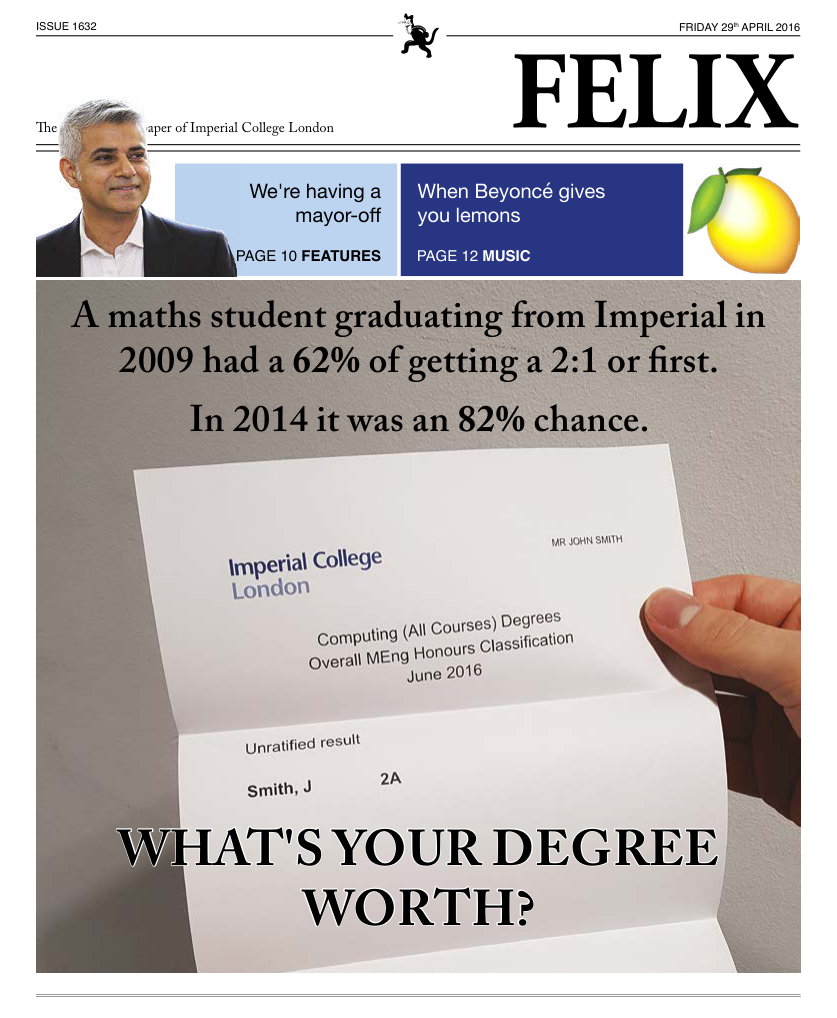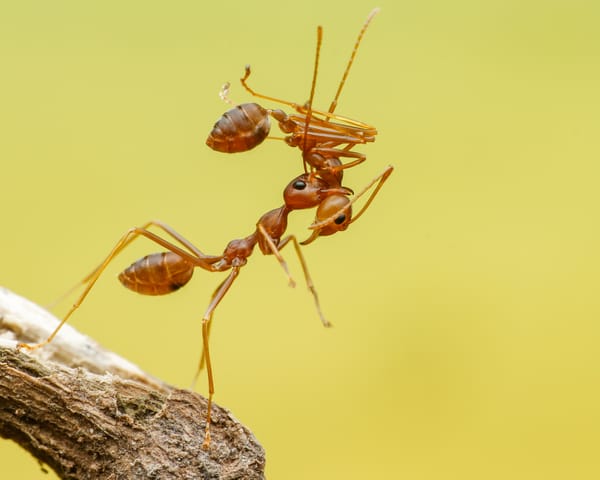The NUS doesn’t represent Jewish students
Malia Bouattia needs to accept that some will disagree with her

On Wednesday 20th April, the NUS voted in Malia Bouattia as the first female black Muslim president. It is great that at a time when Islamophobia is increasing and London mayoral candidate Sadiq Khan is pettily attacked over past acquaintances, the largest student body stands together with it’s minorities by celebrating diversity, voting in someone with immense life experience in wartime troubles.
However, the Jewish community is fearful. In fact, our own Jewish Society co-presidents were two of the signatories of an open letter bringing past comments made by Bouattia into question. The letter’s accusations did not convince me that Bouattia is anti-Semitic, but they were a worry that needed addressing. It is beyond dodgy to call the University of Birmingham a “Zionist outpost” because there are a large number of Jews.
The comments were made several years ago, so if Bouattia accepted that she expressed herself badly, I would let it go. However, it is disconcerting that her first reply on twitter was unconvincing and defensive. If the NUS president truly understood the Jewish community, she would have used a reassuring tone. However, rather than accept that many of the students that she will represent are pro-Israel, she defended her right to disagree with them.
It irritates me that she falsely claimed that her faith is being used as “an opportunity” to accuse her of anti-Semitism. The allegations are legitimate, no matter whether or not she is Muslim.
What is perhaps more shocking is that Bouattia believes that think-tank The Henry Jackson Society should not have influence over policy making in the UK because it is “pro-Zionist”. It does not even identify as Zionist. I can only assume that she thinks that the only think-tanks that should be allowed to promote policy are the ones in line with her opinions.
To the successful candidate’s credit, she has since written a more reconciliatory piece for the Guardian saying she would take back these words if necessary.
I believe the controversy boils down to the fact that many young Jews do not feel represented by the NUS. The issue goes further than this, because plenty of other students do not fit into NUS ideology either. This is a reason why Imperial disaffiliated in 2008. There are many right-leaning students out there, and their opinions are not reflected in the radically left-wing union that stands up for them. You could argue that Conservative government is bad for British further education, so a student organisation might be justified in speaking out against it, but virulently anti-Zionist? Really?
To end on a positive, I am uplifted by those youth leaders, such as Rabbi Leah Jordan, student chaplain at Liberal Judaism, who are aware of the precarious situation and who are ready to work with the new president to ensure she understands what Jewish people expect of her. Malia Bouattia said she has already held a meeting with the Union of Jewish Students, so progress is certainly possible.








